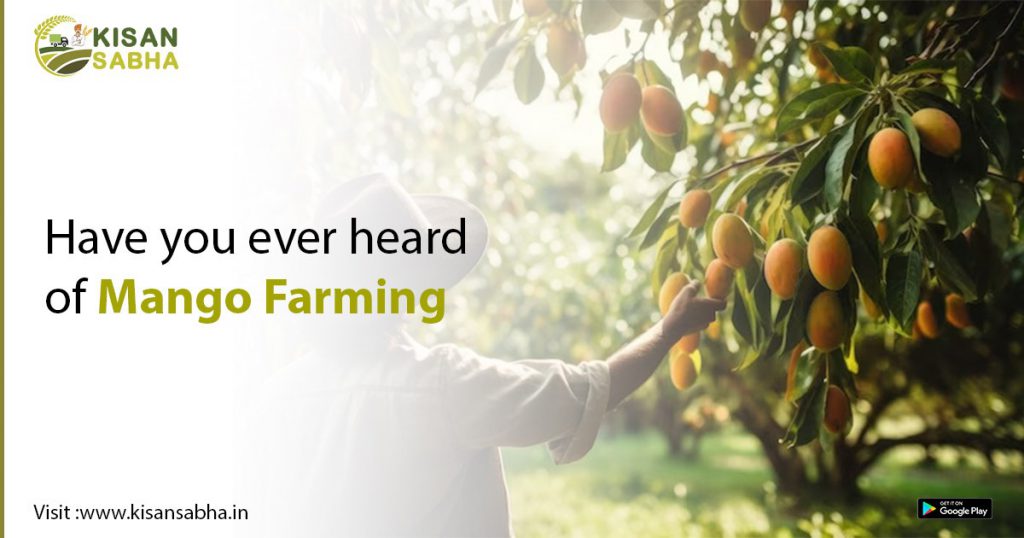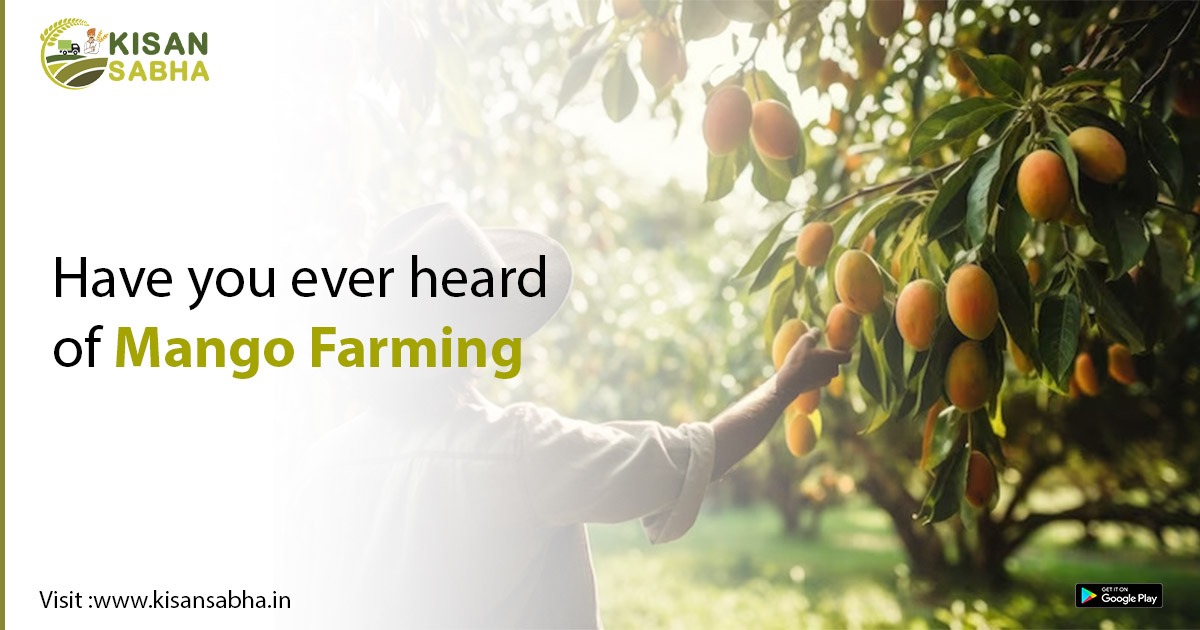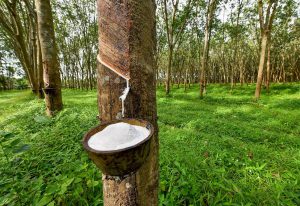Obviously! You must have heard because it is a fruit that you enjoy eating the most throughout the summer. And this is the fruit that reigns supreme over all others.
What is mango farming?
In India, people regard the mango as a token of friendliness, and it symbolizes the love in our hearts. Mango farming is one of India’s most important commercial crops. As we all know, the mango is the king of fruits since it is high in vitamin A and C and has a fantastic flavour, beautiful scent, and exquisite taste. Furthermore, unlike other fruit plants, the mango tree is sturdy and requires little upkeep. As a result, it is the most popular fruit in the world, both in terms of taste and health benefits.

Mangoes are the most widely grown fruit in the country. They are the delectable, sweet-smelling fruit of an evergreen tree (Mangifera indica), a member of the cashew family (Anacardiaceae).
Mango, like a plum, cherry, or peach, is a drupe with an external skin, a meaty and pulpy consumable component, and a central stone encasing a single seed – also known as stone organic product.
India is the world’s greatest mango producer, with a total production of more than 20 million tonnes. Mango production is mainly concentrated in Andhra Pradesh, Uttar Pradesh, Karnataka, Bihar, Gujarat, and Tamil Nadu in India.
That is why we are here to provide you with detailed information on Mango Farming in India.
What Makes Mango So Special?
Are Mangoes Healthy?
Mango is low in calories, high in fibre, and the finest source of vitamin A and C. It also takes into account iron, calcium, zinc, and vitamin E.
Why is it so well-known?
Mango is a pulpy and luscious fruit known as the “King of Fruits.” It comes in a wide range of flavours, colours, and sizes. Mangoes are they healthy? Every intellect has a question.
Here are some Mango Health Benefits and Mango Facts.
Your appreciation for mangoes will grow as you learn more about its many benefits and facts. It is not only delicious, but it also offers numerous health benefits. Here are some mango nutrition facts and reasons why you should consume them this summer. There are some nutritional facts regarding mangoes.
- Mangoes are low in calories and high in nutrients, particularly vitamin C.
- Antioxidant-rich food.
- It aids in the development of immunity.
- Give assistance to heart health.
- Enhances the digestive system.
- Helps our eyesight system.
- Reduces hair loss and promotes skin health.
Mango Plantation
For successful mango cultivation, it’s essential to have deep and well-drained sandy loam soil as the growth medium. Conversely, heavy black clay and alkaline soils are not suitable and must get avoided for mango farming. The soil pH for mango production should be 5.5 to 7.5.
It is typically planted in rainy locations between July and August and should get irrigated between February and March.
Furthermore, for best results, this farming requires a temperature range of 22°C to 27°C. And the 50-80 mm rainfall is ideal for mango cultivation. When sowing seeds, the temperature should be between 20°C and 22°C. Apart from that, mangoes should get harvested at temperatures ranging from 28°C to 30°C.
You should plough and cross-plow the land before levelling it. Maintain the field in such a way that water shouldn’t get stored. When you’ve finished levelling, plough one more time and split the field into blocks.
How to plant?
- Plant the sticks, along with the soil, in the heart of the excavation to connect plants.
- Connect plants 15cm above ground level
- They must get irrigated immediately after planting.
- They require assistance in growing straight.
Mango Plant Irrigation
Young mango plants require constant irrigation for proper growth. Irrigate plants every 10-15 days from fruit set to maturity to increase output.
Mango Harvesting
Mangoes are often harvested at the physical ripe stage and matured to best quality. Farmers can harvest fruits by hand or with a harvesting machine. Latex seeps down the surface of the fruit from the point of separation after harvesting, giving it a shabby aspect throughout storage.
Visit us – www.kisansabha.in





